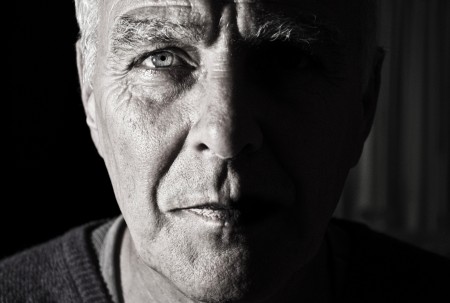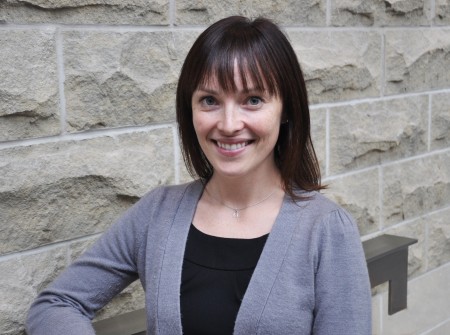 Approaching the end of life can be frightening and difficult. For members of the lesbian, gay, bisexual and transgender (LGBT) community, there can be additional challenges and barriers, says Prof. Kimberley Wilson, who teaches gerontology in the Department of Family Relations and Applied Nutrition.
Approaching the end of life can be frightening and difficult. For members of the lesbian, gay, bisexual and transgender (LGBT) community, there can be additional challenges and barriers, says Prof. Kimberley Wilson, who teaches gerontology in the Department of Family Relations and Applied Nutrition.
“There’s often an assumption by health-care providers that everyone is heterosexual,” says Wilson. “Many LGBT seniors feel that they have to go back in the closet to get good care.”
Seniors today grew up during a time when same-sex relationships were often hidden and even illegal, and some have experienced discrimination or abuse. Wilson says LGBT seniors are aware that others their age — neighbours in their residence or long-term care home — may harbour the negative attitudes of the past.
Wilson is studying these issues with collaborators Arne Stinchcombe from the University of Ottawa and Kathy Kortes-Miller from Lakehead University, with first-stage funding from the Law Commission of Ontario. In addition, a new grant funded through the Social Sciences and Humanities Research Council’s Insight Development program will expand the study, with the goal of creating a research and policy agenda.
The researchers organized three focus groups in different parts of Ontario where they discussed end-of-life issues with participants between the ages of 57 and 78 who identify as LGBT. Participants were asked about their hopes and fears about the end of their lives, what would facilitate a better death for them and the barriers preventing them from receiving the services they needed.

Wilson says many of the worries about this last stage of life are similar to those of other older adults, but there are some unique concerns. For example, many of the LGBT participants said they consider their friends to be part of their family and want them to participate in their end-of-life care, but don’t know how to ensure this would be permitted. They also worry about social isolation and feeling vulnerable.
The transgender participants identified additional challenges, saying many of the physicians who care for the elderly have limited experience with the special needs of trans men and women.
Some pointed out that many long-term care facilities are run by religious organizations that have been traditionally unsupportive of LGBT people. “When they see a crucifix on the wall, it makes them feel like they may face prejudice if they are open about their sexual orientation,” says Wilson.
Some positive experiences were shared, including stories about health-care providers who asked questions about partners and sexuality, and about long-term care homes that had rainbow symbols on their websites.
“We talked about the option of homes specifically for LGBT seniors and while some people expressed an interest, others focused on the need to feel included and understood,” says Wilson. “They just want to feel comfortable being open about their identities with other residents and staff.”